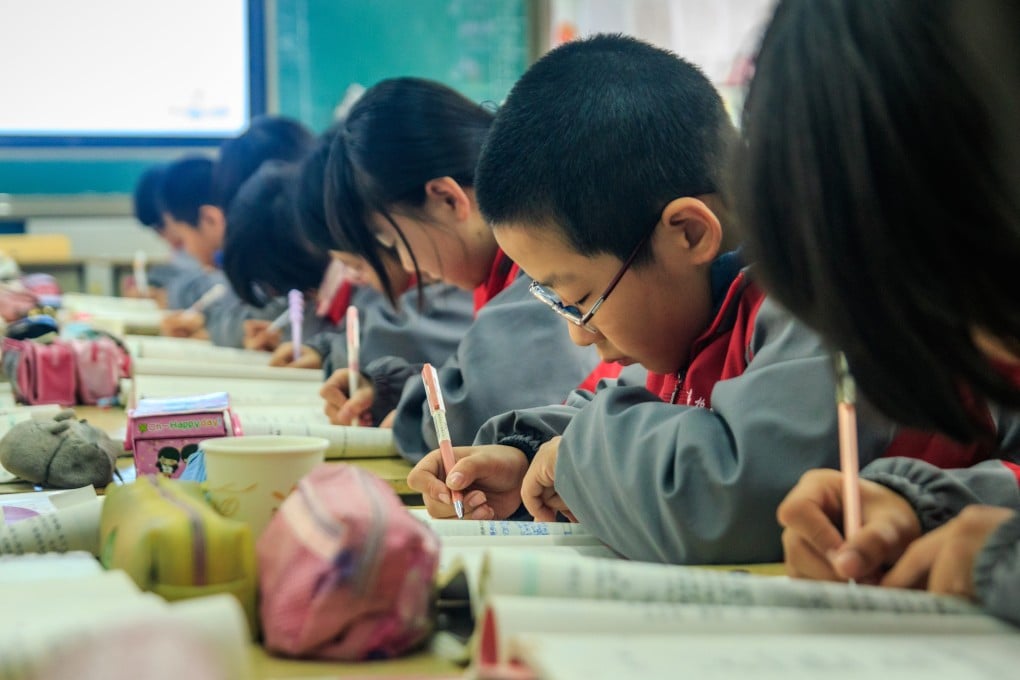Shenzhen considers offering 12 years of free education by 2025
- Hi-tech hub would be one of a handful of mainland Chinese cities to introduce free schooling for all children
- The government has come under fire for failing to provide enough public school places in the city

If it goes ahead, Shenzhen will be one of a handful of mainland cities to offer free schooling for all children after neighbouring Zhuhai – which has a much smaller economy – was the first to do so in 2007.
The city’s education bureau is assessing a proposal put forward by local legislators to extend free education to 12 years, local newspaper Shenzhen Special Zone Daily reported on Wednesday.
“Shenzhen will explore [the feasibility] of extending free education on the basis of the current nine years of compulsory education extending to cover the two ends – the preschool and senior secondary levels,” the bureau said in a reply to the legislators. “[Our aim] is to strive to gradually introduce 12 years of free schooling by 2025.”
While Shenzhen has been successful in expanding its economy – its GDP has surpassed Hong Kong’s, reaching 2.77 trillion yuan (US$423 billion) in 2020 – the government has been criticised for failing to provide enough public school spaces for the city’s children.